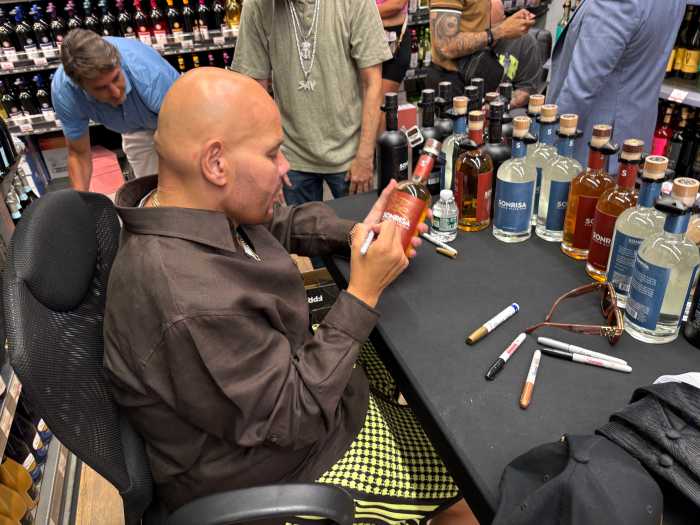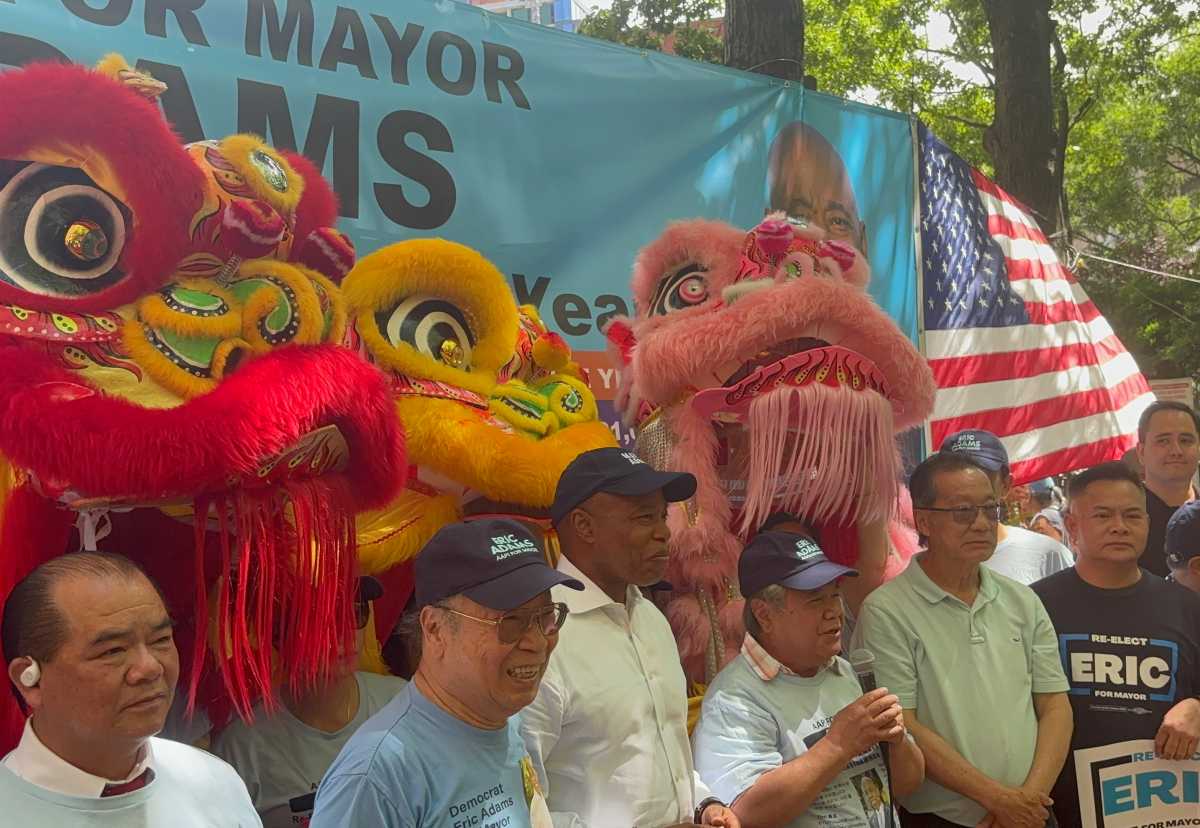Those of us given to extremes of cynicism may well have flirted with the premise that some grand Republican scheme has been behind this freakish recurrence in recent presidential election cycles of an African American presence among the party’s so-called serious contenders for the nomination. Seeing how far-fetched is the idea of the Republican Party winding up with an African American nominee, maybe that conjecture about the GOP brass hatching something to burnish their creds on the color question shouldn’t be readily dismissed after all. Either which way, Dr. Ben Carson has been the guy in the spotlight this time around. And just as predictably as in other instances, the Carson flameout is now pretty much set in stone for campaign 2016.
A recent New York Times story about the multiple campaign woes contributing to Carson’s descent to single-digit polling, filed from the campaign trail in Iowa, described Carson’s candidacy as a “once-promising presidential bid.” That’s a characterization that we believe to be somewhat of a reach. Hype is one thing…even if riding on polling numbers that misrepresent popular sentiment. Fact is, despite those onetime illusory poll readings, Carson isn’t now and never has been in any promising presidential bid. No more than Herman Cain was four years ago, or was Colin Powell’s name a serious presidential one when it was making the rounds four years before that.
Powell, who was being talked about as the GOP follow-up to George W. Bush, never got to the point of entering primaries, deciding earlier in the process that a White House run wasn’t something he was prepared to undertake. Which was just as well, since there were some none too encouraging signals from certain well placed party gurus — like the vice president in the administration Powell had served, Dick Cheney, who acidly commented that right-wing talk-radio pundit Rush Limbaugh packed more leadership punch in GOP circles than did Powell. Besides not being of the “right” GOP standard-bearer stock, Powell and his middle-ground positions were a definite misfit with the right-flank extremism that, thanks to Cheney, Limbaugh and their ilk, was the unmistakable imprimatur of the GOP.
Cain, who early in the run-up to 2012 was supposedly polling numbers that bunched him among the leaders in the Republican field, reverted in short order to the “also ran” status for which he was destined upon committing to be a contender. Under no circumstances was Cain going to become the choice of the slice of the population that constitutes the Republican electorate. Never mind that there was nothing in his profile that was even vaguely suggestive of presidential type acumen, he wasn’t, for starters, the right Republican stuff.
We get treated, every four years, to the TV spectacles that are the two party conventions. While the years since the 1950s and ‘60s have seen momentous change among Democrats in what was formerly a conspicuously negligible African American participation common to both parties, there’s been no such evolution on the Republican side. The continuing almost non-presence of persons of color attending Republican conventions is in-your-face political reality. It is no fluke, this colorless tableau. There is but an extremely sparse African American presence among Republicans not because of some irrational, collective black and brown opt-out from things Republican, but because the GOP agenda mandates policies that are generally inimical to the interests of people of color.
Where to begin? That, left to Republicans, there would have been no Civil Rights or Voting Rights legislation? That there has been no wanton disrespect of the presidency remotely resembling what has emanated from Republican / Tea Party malcontents toward President Obama? That the GOP has steadfastly and unapologetically identified with the interests of big business over the concerns of the worker class? Symbolically, the Ronald Reagan vow to veto legislation establishing the Martin Luther King Jr. birthday holiday, a vow he would have kept but for there being enough congressional backing to override the veto? All of that and a lot more make unmistakably clear that African Americans, considered out of the mainstream loop not all that long ago, are still seen as not mainstream ready by many on the Republican side of the political divide.
Ben Carson, this season’s version of a dash of blackness in that routinely colorless Republican scheme of things, will fare no differently than the other misguided souls who’ve preceded him. Parroting the hard-line rhetoric of the right requires a messenger who passes muster. Carson may have taken at face value the talk from a probably drowned-out few in the Republican camp of outreach across racial barriers, to whatever end. It is, of course, just talk. Shame on Carson for not knowing this.























